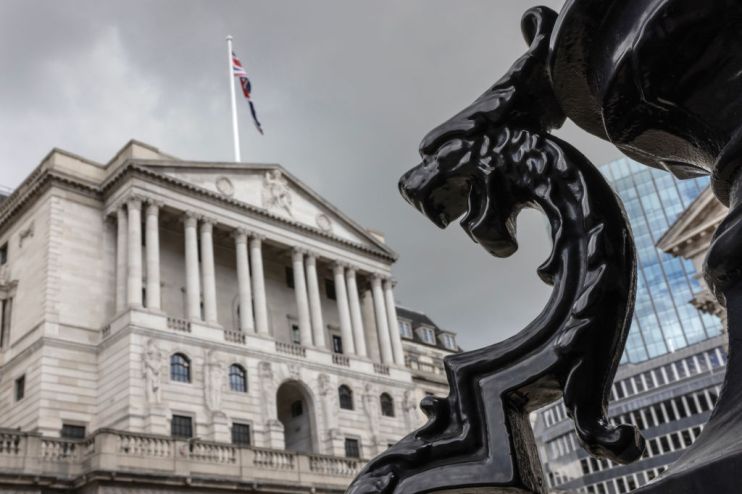Hawkish Bank officials warn hot labour market means ‘higher rates for longer’

Rate-setters at the Bank of England have again stressed that interest rates will have to remain higher than markets currently expect, citing the unusual tightness of the UK’s labour market.
In a speech to be delivered later today, Jonathan Haskel – an external member of the Monetary Policy Committee (MPC) – said “the still-high degree of labour market tightness continues to impart inflationary pressures.”
“This will need higher rates for longer to get inflation sustainably to target,” he added.
Haskel pointed out that the vacancies-to-unemployment ratio increased rapidly post-pandemic to hit a peak of over one, meaning there were more jobs than job-seekers. This in turn put pressure on wage growth.
Although the labour market has eased in recent months, Haskel suggested that it would take “at least a year” for the UK’s labour market to return to its pre-pandemic levels of tightness.
Further pressures could also emerge in the labour market if productivity growth remains depressed and the ‘matching efficiency’ of the labour market – the extent to which employees are well suited to their jobs – remains low.
“Rates will have to be held higher and longer than many seem to be expecting,” he said.
Haskel’s speech followed comments from fellow MPC member, Dave Ramsden, who warned that UK inflation was “becoming much more home grown”.
In an interview with Bloomberg TV, he said “we think that inflation is going to be really challenging to squeeze out of the system. It’s driven by wages, where wage growth remains above seven per cent”.
High wage growth will put pressure on the “labour-intensive” services sector, Ramsden said. “These factors are what’s leading us to think that inflation is going to stay stubbornly high through next year,” he continued.
Although inflation fell sharply to 4.6 per cent in October, the Bank predicts that further progress will be much slower. Inflation is not expected to fall to the two per cent target until the end of 2025.
The comments are the latest in a series of hawkish statements from the Bank’s rate-setters which suggest that interest rates will remain higher for longer than markets expect.
Markets think that the Bank will start to unwind its historic run of interest rate rises next summer, but Andrew Bailey recently said he was concerned markets were “underestimating” the persistence of inflation.